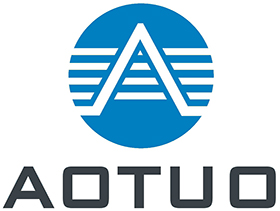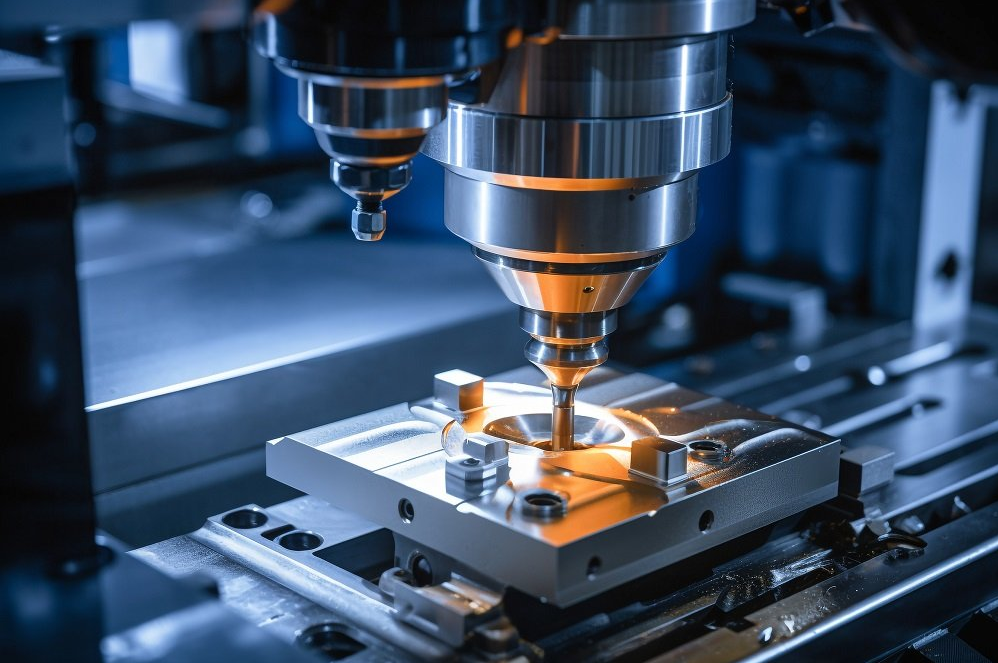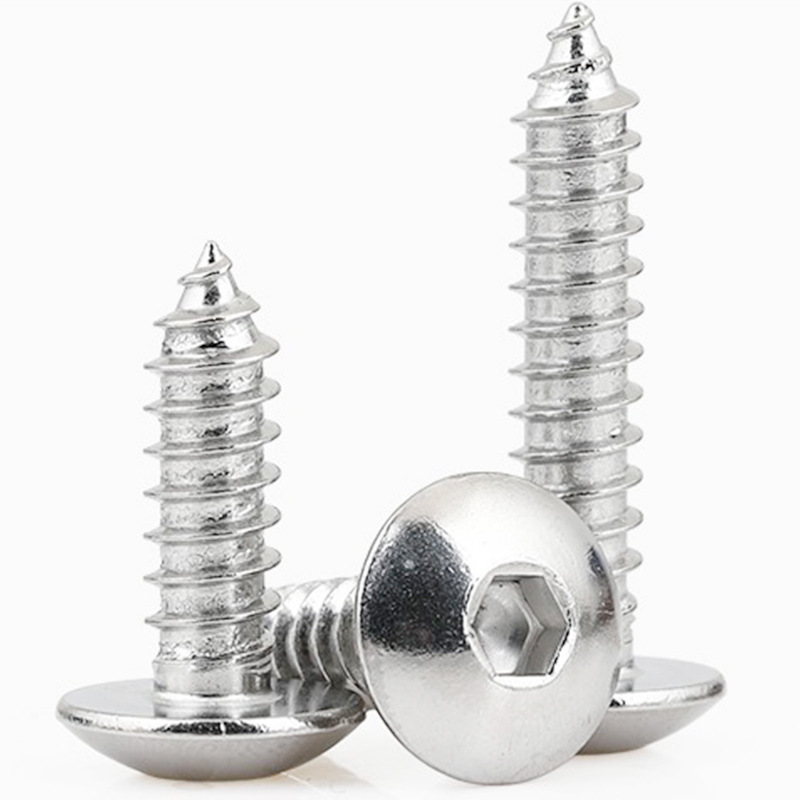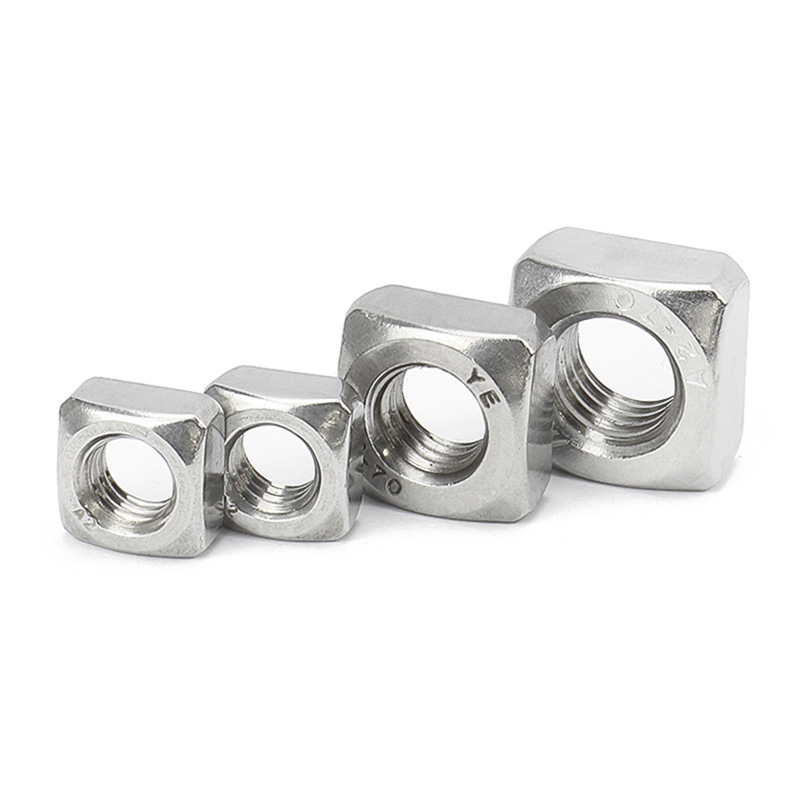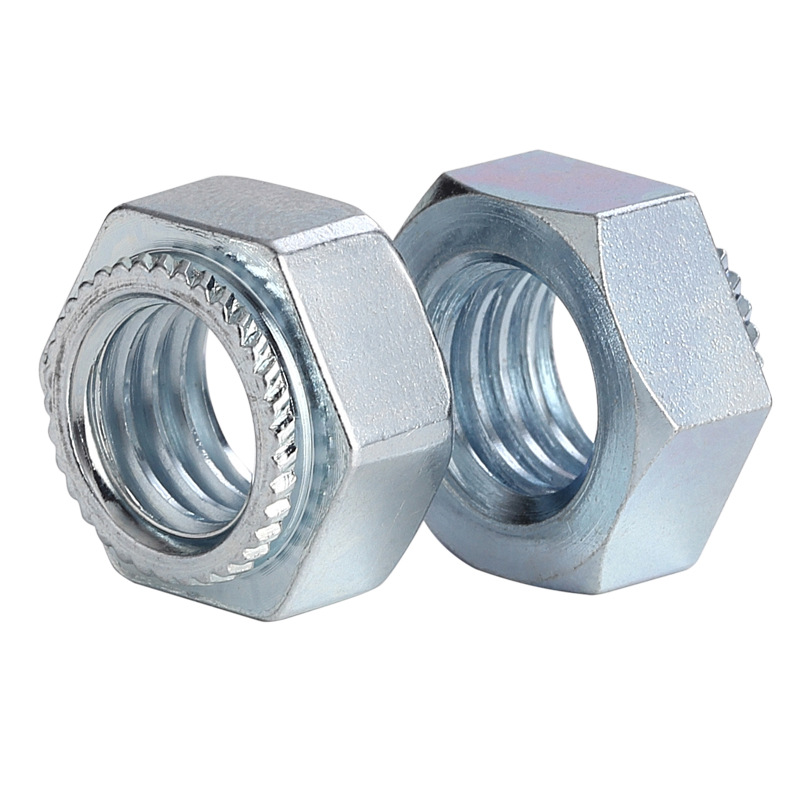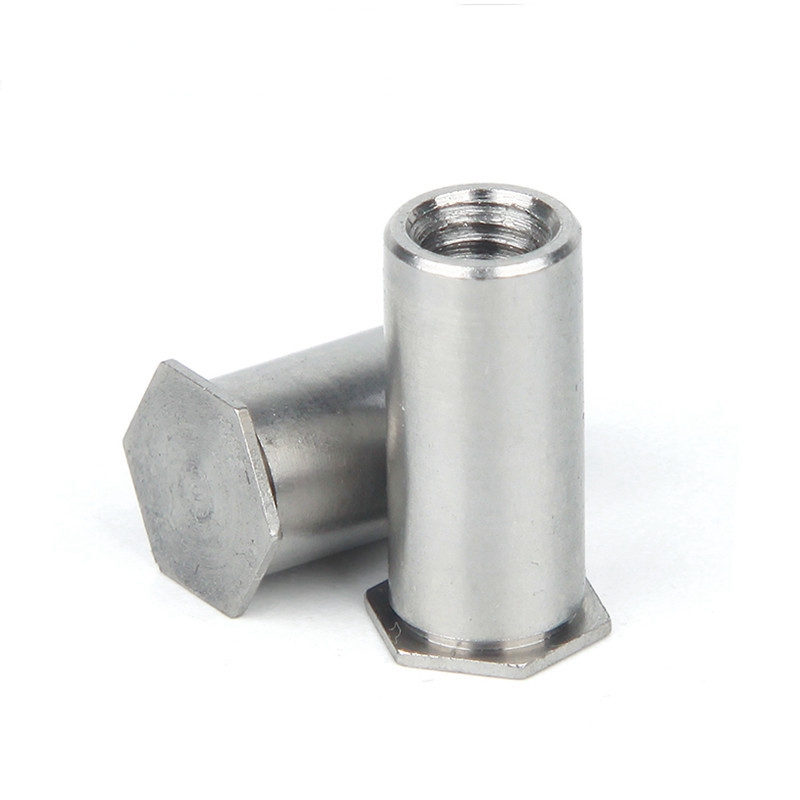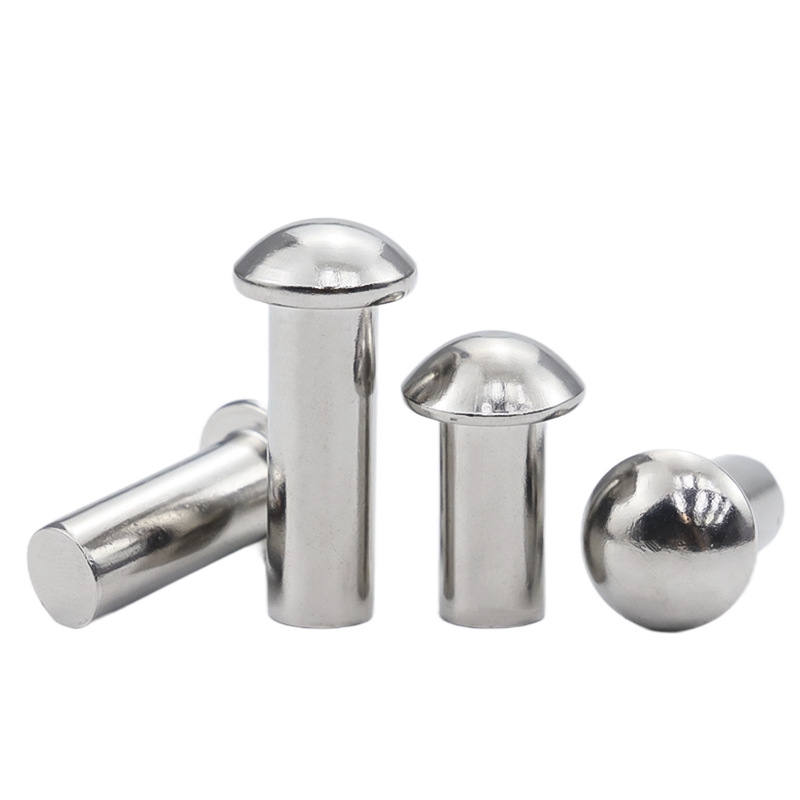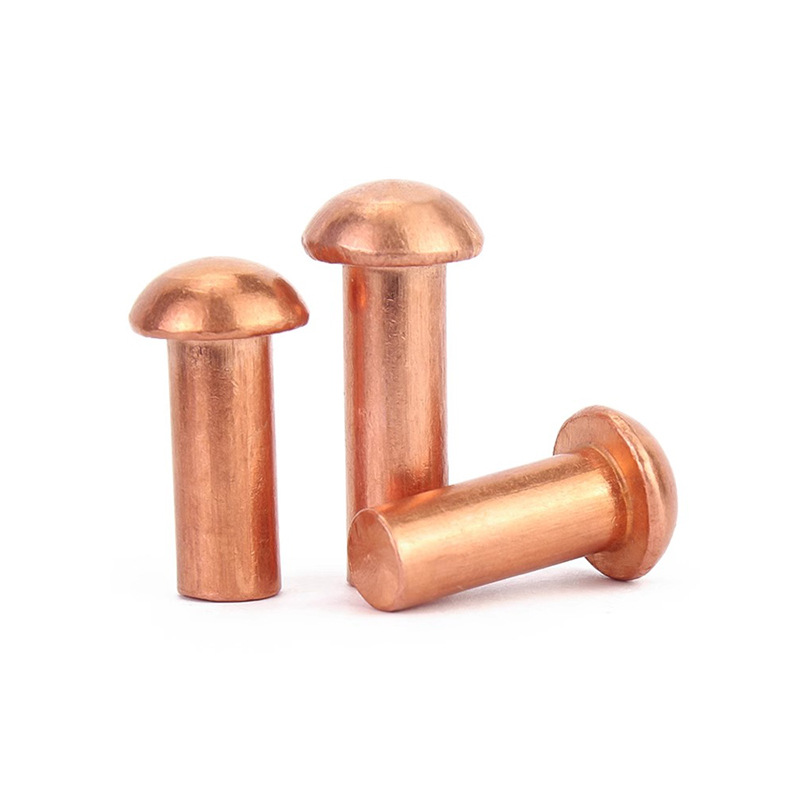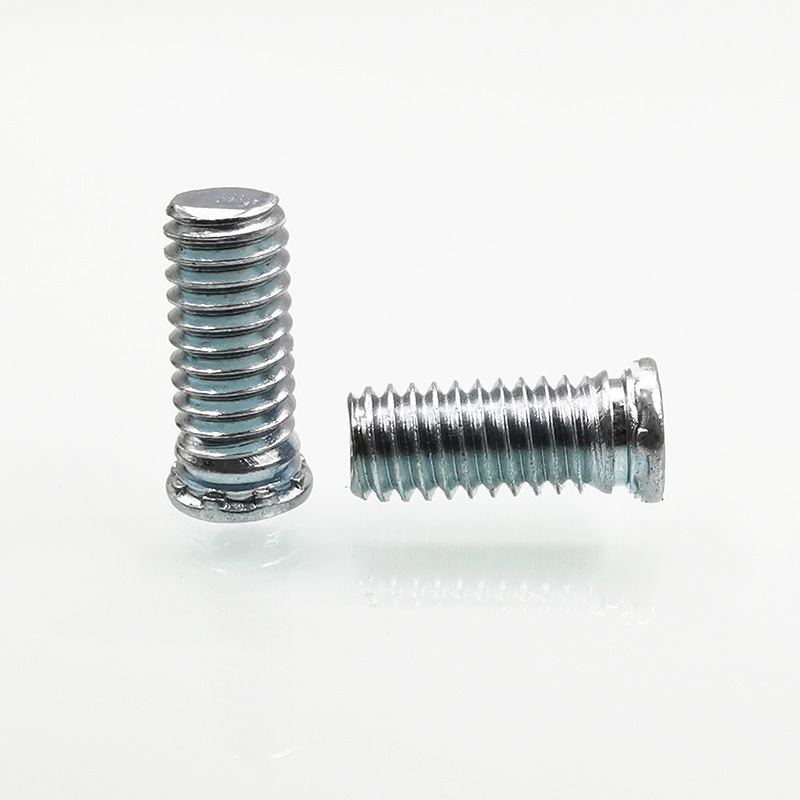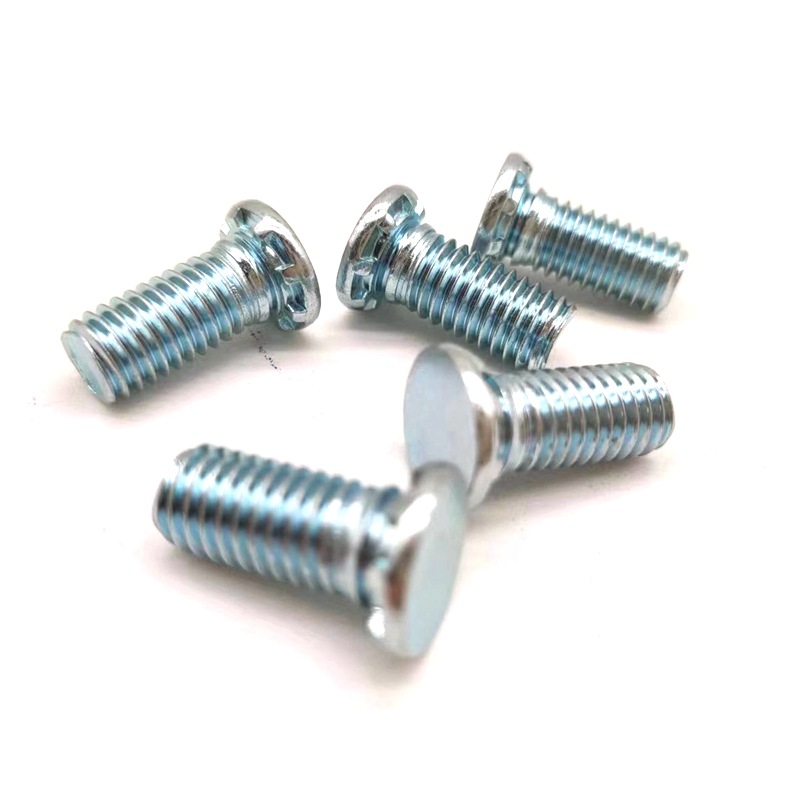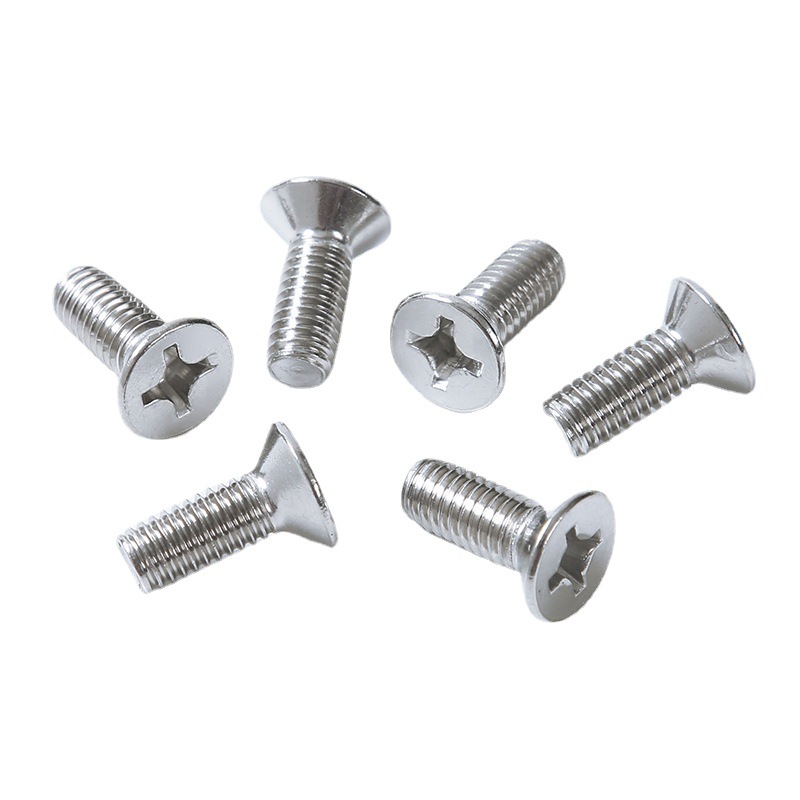
1. Introduction to screw structure
Screws are a common fastener, usually cylindrical or conical, which uses the physical and mathematical principles of the circular rotation of the inclined surface of an object and the friction force to gradually tighten objects and parts.
Screws are composed of three parts: head, thread and shank. The head is usually hexagonal or cylindrical so that it can be tightened with a wrench or wrench socket. Its surface is engraved with concave and convex threads, called spiral grooves and screw feet, which can match the corresponding threaded holes. The shank is the connecting part between the head and the thread, which is generally longer and is used for holding and rotating. Screws are widely used in machinery, electrical appliances and buildings. According to their uses, they can be divided into connecting screws, fixing screws, etc. Screws are also called screws or screws.
2. Types of Screws
- Classification by purpose
According to the purpose of screws, they can be divided into regular screws, special screws and special-shaped screws. Regular screws are the most common, including studs, nuts, bolts, etc. Special screws are usually used in some special occasions, such as high temperature, high pressure, chemical corrosion and other environments; special-shaped screws refer to those screws whose shapes and sizes are different from regular screws.
- Classification by thread type
According to the thread type, it can be divided into coarse thread, fine thread, taper thread and special thread. Coarse thread refers to a thread with a relatively wide cross-section and a high pitch; fine thread is relatively narrow in width and has a relatively small pitch; taper thread refers to a tapered thread, which can be divided into horseshoe taper thread and involute taper thread according to international standard threads; special thread refers to a non-standard thread made according to specific requirements.
- Classification by head shape
According to the head shape, it can be divided into hexagonal head, round head, flat head, semicircular head, etc. Hexagonal head screws are generally used when a larger torque is required, while round head screws are often used in situations where anti-slip is required.
3. Common screw standards
Screws are a commonly used fastener that can be widely used in mechanical equipment, construction engineering, furniture manufacturing and other fields. Depending on different needs and application fields, the standards of screws vary. Common screw standards include:
- GB Standard
GB standard is one of the standard systems formulated by my country in production and management, which involves screws of various models and specifications. GB standard stipulates the size, material, tolerance and technical requirements of screws, thus ensuring the quality and reliability of screws.
- ISO Standards
ISO standards are a standard system established by the International Organization for Standardization (ISO) and are also internationally accepted standards for threaded product specifications. ISO standards specify the size, material, tolerance and technical requirements of screws, which can ensure the interchangeability and standardization of screws.
- DIN Standard
DIN standard is a set of standards developed by the German Institute for Standardization (DIN) in the field of screw standardization. DIN standard covers various specifications and models of screws and can be applied to different types of threads, with wide applicability and operability.
4. Characteristics and application fields of different types of screws
- Ordinary screws
Ordinary screws are the most commonly used screws, with a simple and clear structure, easy to manufacture and use. Ordinary screws are widely used in home decoration, furniture manufacturing, mechanical equipment, automobile manufacturing, etc.
- Bolts
A bolt is a screw with a threaded head and a longitudinal slot, which is usually used to connect and assemble objects. The application areas of bolts mainly include mechanical manufacturing, engineering structures, bridge construction and other fields.
- Nuts
A nut is a fastener usually used with a bolt, which plays a role of fixing and connecting between the head and thread of the bolt. The application areas of nuts include mechanical equipment, construction engineering, automobile manufacturing and other fields.
- Screw nut
A screw nut is a fastener that combines two nuts together, which has been widely used in mechanical equipment, construction engineering and automobile manufacturing and other fields.
5. Selection of screws
- Choose according to the purpose: Different types of screws need to be selected for different occasions, such as spot welding screws are suitable for welded metal surfaces, anchor bolts are suitable for installation on concrete, etc.
- Choose according to surface treatment: Screws with good surface treatment can extend the service life. Common surface treatments include hot-dip galvanizing, nickel plating, blackening and spray painting.
- Choose according to mechanical properties: The mechanical properties of screws include tensile strength, yield point, elongation, hardness, etc. According to the specific use scenario, select screws that meet the requirements to ensure service life and connection quality.
- Choose according to the connection principle: After determining the connection method, select suitable bolts, nuts or screws to ensure the appropriate fit and prevent connection failure due to over-tightening or over-loosening.
In short, screws play an important role in the connection of mechanical equipment. Correct selection and use of screws are important factors to ensure safe operation of equipment and extend the life of equipment.
